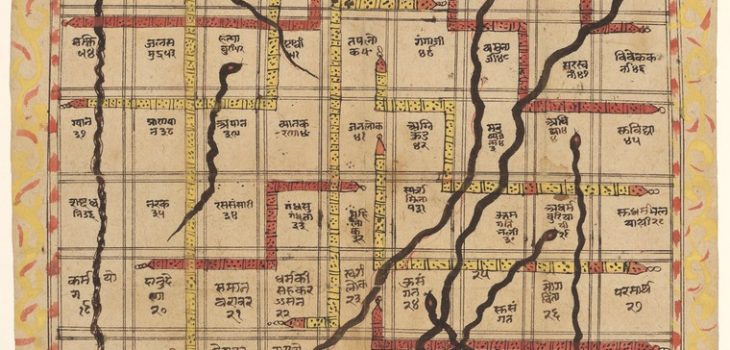To get you thinking about the relevance of ethics in public health studies I’ve listed a few references with summaries selected from both the physical and online Library collection at LSHTM:
Beauchamp, Tom & Childress, James (2012) Principles of Biomedical Ethics. (classmark: CBE)
Beauchamp and Childress’ work provides a firm overview of what is considered the cornerstone of bioethical theory. Since its first publication in 1977, Principles has been revised six times, with the seventh edition published in 2012. It is a well-rounded source covering the nature of morality, international justice and virtue ethics, with a thorough exploration of the core principles of bioethics that governs bioethical inquiry today.
 Holland, Stephen. (2015) Public Health Ethics. 2nd Ed. Polity Press, Cambridge. (classmark: SO.AQ)
Holland, Stephen. (2015) Public Health Ethics. 2nd Ed. Polity Press, Cambridge. (classmark: SO.AQ)
This book provides examples of when tensions arise between individual rights and the common good. Whether these tensions are irreconcilable again depends on what we, as a society, hold to be important. Key chapters include health promotion as behaviour modification; immunization, and screening.
Singer, Peter (2011) Practical Ethics. 3rd Ed. Cambridge University Press, Cambridge. (classmark: CBE)
A classic introduction to the field of applied ethics, Singer discusses ethical issues that we come across during our everyday lives. Including climate change, animal welfare, and civil disobedience, this book forces to ask oneself to think how one ought to live. Do higher income nations have a distinct responsibility to provide medical assistance to poorer nations? Another key publication from Singer is Famine, affluence and morality (1976) which is highly recommended reading as an introduction to wider themes governing global health, social justice and humanitarianism discourses.
Dawson, Angus (2011) Public Health Ethics: key concepts and issues in policy and practice. Cambridge University Press, Cambridge. (classmark: SO.AQ)
This book provides an introduction to a number of key concepts and issues within the public health ethics field. Dawson sets out to argue for a ‘revolutionary rather than evolutionary’ (Dawson, 2011: p. 1) approach to the development of public health ethics. Here he argues against the dominant medical ethics approach, rooted in the liberal ideas surrounding non-interference and opts for a new account which ‘must accept a view of human interests as intrinsically social’ (Dawson, 2011: p. 1). Of particular importance is the exploration of pre-natal screening for disability. Disability rights activists have strongly voiced their concern regarding the use of such technologies arguing that public health intervention in this form is an example of efforts to screen out disability (Shakespeare, 2011; Parens & Asch 2000).
Further blog posts are in the pipeline regarding global public health, environmental health, and the role of AI set within the wider discourse of ethics. Due to their importance I believe each topic deserves its own separate post.
Further reading (all available through Discover):
Bayer R, Fairchild A. The genesis of public health ethics. Bioethics (2004); Vol. 18: 6, pp. 473-492.
Lee, LM. Adding justice to the clinical and public health ethics arguments for mandatory seasonal influenza immunisation for healthcare workers, Journal of Medical Ethics (2015); Vol. 41, pp. 682-686.
Nuffield Council on Bioethics, Public health: ethical issues. Nuffield Council on Bioethics (2007) http://nuffieldbioethics.org/wp-content/uploads/2014/07/Public-health-ethical-issues.pdf ***available through Nuffield Council on Bioethics website as a public pdf download.
Rajczi A. Liberalism and Public Health Ethics. Bioethics (2016); Vol. 30: 2, pp. 96-108.
Shakespeare, T.W. Choices, reasons and feelings: prenatal diagnosis as disability dilemma. ALTER-European Journal of Disability Research/Revue Européenne de Recherche sur le Handicap, (2011) Vol. 5: 1, pp.37-43.
Singer, P. Famine, affluence, and morality. Philosophy & Public Affairs (1972): 229-243.
Headline image credit: Snakes & Ladders / Game of Heaven and Hell (Jnana Bagi), Wellcome Images, Creative Commons Attribution CC-BY 4.0, https://wellcomecollection.org/works/geydgvms










